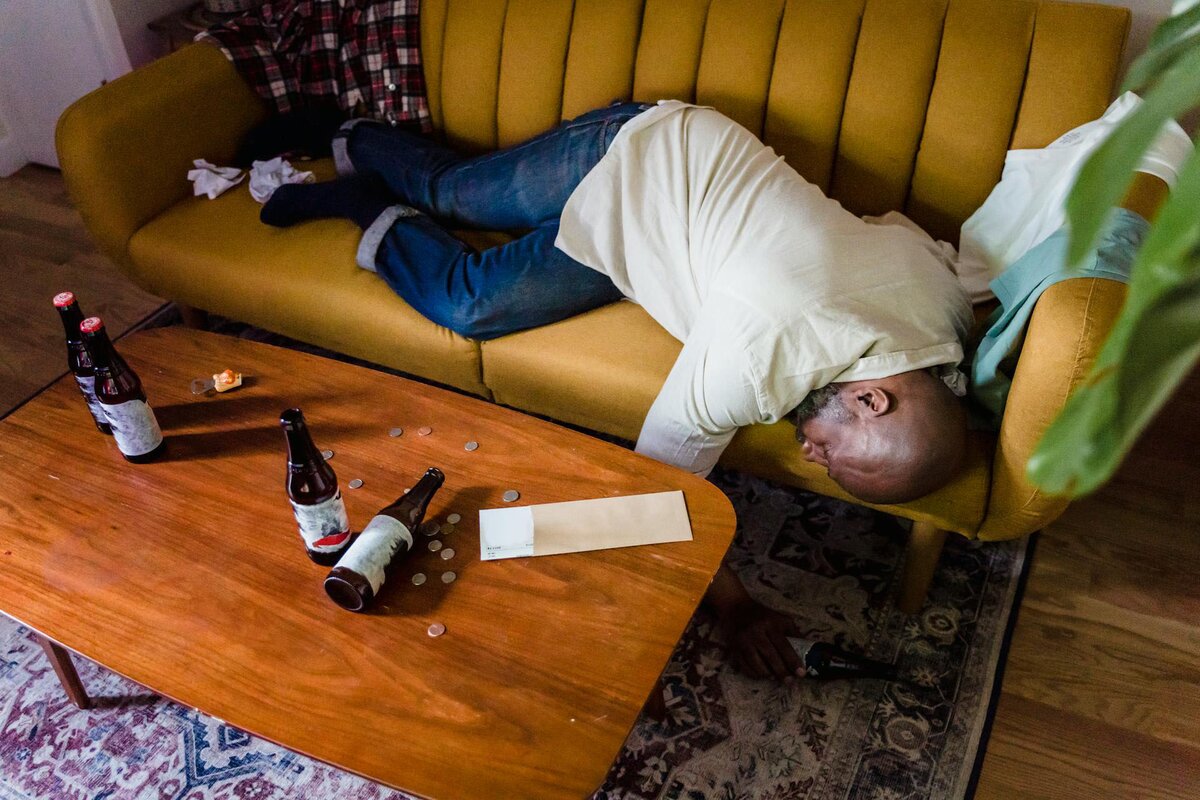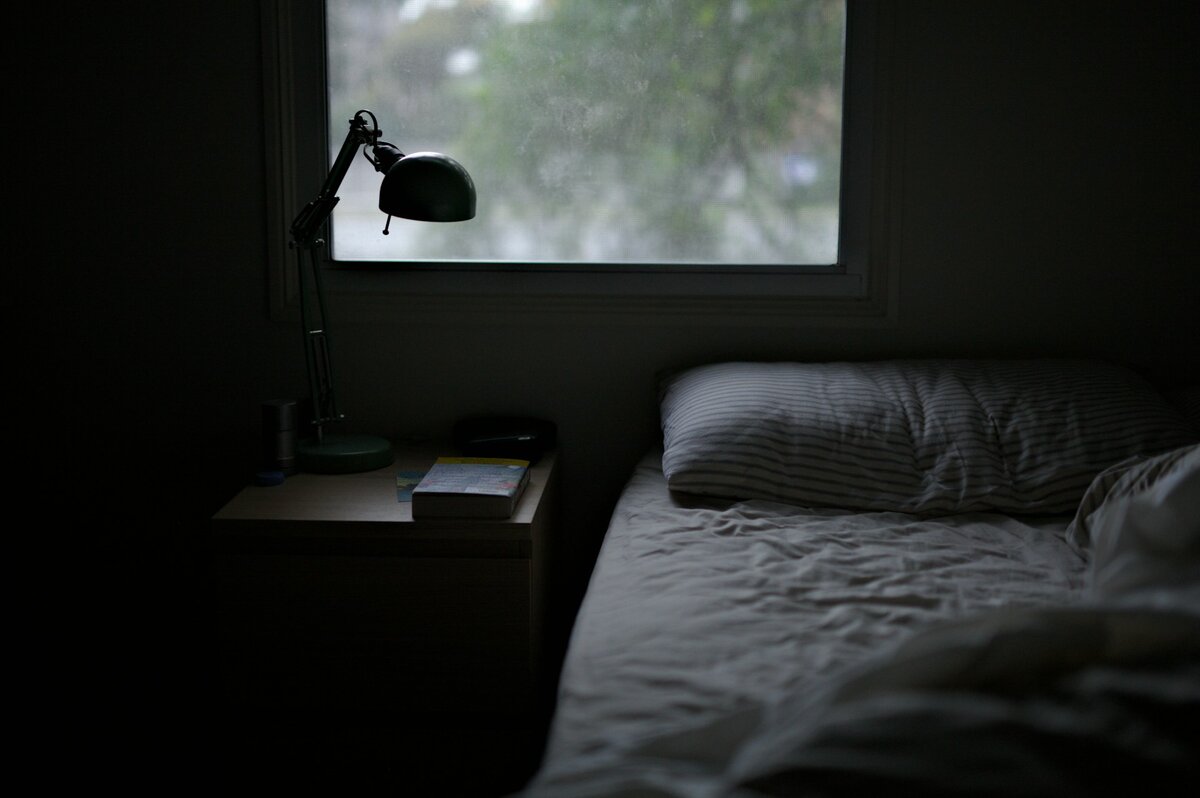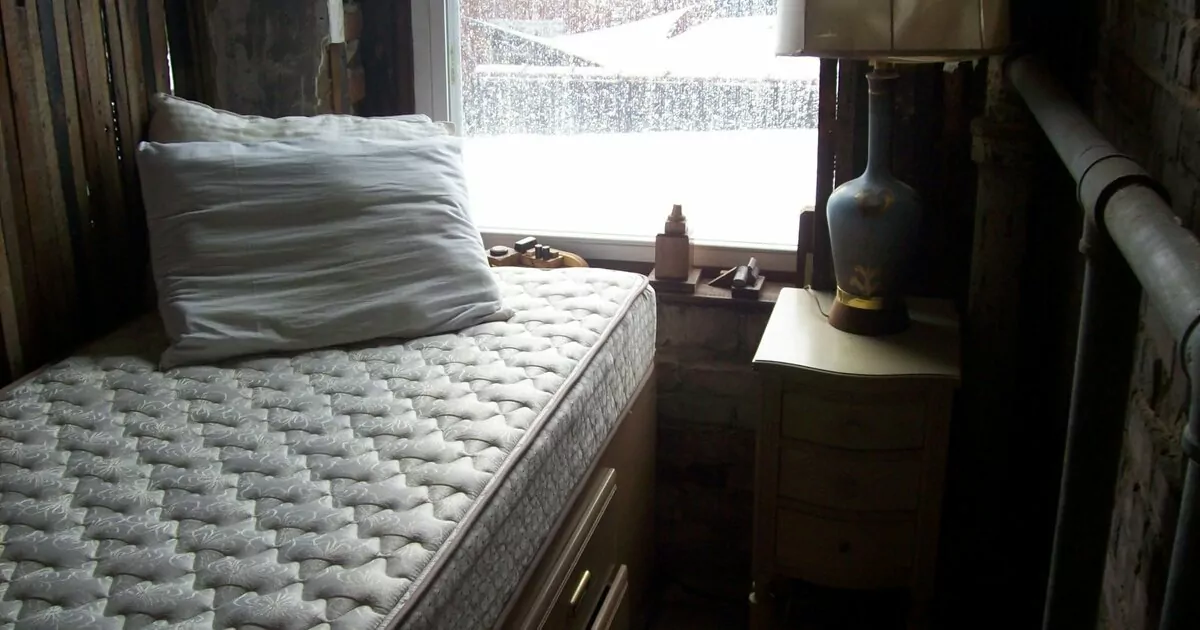Alcohol can relax the body to a fault, leading to unexpected bedwetting. When you drink, your brain’s ability to signal the bladder can get fuzzy, and muscles that usually control urine flow may ease up too much. This means that even though you might feel like you can hold it, your body’s normal signals get mixed up. Plus, alcohol is a diuretic, which means it makes your body create more urine, filling the bladder faster and increasing the chances of an accident. Understanding this connection helps in managing and preventing such episodes.
On this page:
The Science of Alcohol and Its Effect on the Bladder
Alcohol’s journey through your body is not just about the buzz; it’s also a fluid that your kidneys have to process. Here’s the deal: when you drink alcohol, it messes with the anti-diuretic hormone (ADH) in your body. ADH usually tells your kidneys to hold onto water, but alcohol puts a pause on ADH. The result? Your kidneys get the signal to send more water to your bladder, filling it up faster.
Now, when your bladder gets full, it tells your brain it’s time to go. But alcohol’s got a trick up its sleeve here too. It numbs the nerve signals that are supposed to let you know you need to use the restroom. That’s why, when you’re awake and drinking, you might not realize how urgent the situation is until you really have to rush to the bathroom.
But when you’re asleep, it’s a whole different story. That numbness from the alcohol means your brain might miss the memo that your bladder’s full. And if your body doesn’t wake you up to empty it, you might just wet the bed.
Also, alcohol can relax the muscles around the bladder. A relaxed bladder might not hold the urine as well, which can also lead to accidents.
Is Peeing the Bed After Drinking Normal or a Sign for Concern?
Waking up to find you’ve wet the bed when drunk may feel embarrassing, but it’s not entirely uncommon. Alcohol is a diuretic, which means it increases urine production and can disrupt the signals to your brain that let you know you need to use the bathroom. When you’re asleep, especially after drinking, these signals are even easier to miss.
While occasional bedwetting when drunk doesn’t necessarily indicate a serious problem, it’s not something to ignore, especially if it happens regularly. It could be a sign that your body is reacting strongly to alcohol, or it might suggest that your bladder control isn’t as strong as it should be. In some cases, it can also point to a deeper issue with alcohol use.

So, is it normal? Occasional bedwetting can happen to anyone who has had a bit too much to drink. But if it’s a recurring issue, it’s worth paying attention to. It’s not the standard for adults to wet the bed, so when alcohol is involved, it’s a signal not to brush off.
And should you be concerned? If bedwetting happens more than once, it’s a good idea to take a closer look at your drinking habits and consider if there are other symptoms that suggest a problem with alcohol.
Practical Tips to Prevent Drunk Bedwetting
To keep your sheets dry after a night out, moderation is key. If you choose to drink, pace yourself and alternate each alcoholic beverage with a glass of water. This can help dilute the alcohol’s impact and keep you hydrated, which may reduce the urge to pee. Plus, limiting your intake means less alcohol in your system, which might give your bladder a break.
Before hitting the sack, make it a point to use the bathroom. Even if you don’t feel the need, try ‘double voiding’: pee, wait a few minutes, and then try again. This method can help empty your bladder completely.
Another helpful strategy is cutting off your drinking a few hours before bedtime. Giving your body time to process the alcohol can reduce the chances of a full bladder while you’re asleep.
Consider your sleeping environment. Make sure you can easily get to the bathroom if you need to. A nightlight or a clear path can make all the difference in waking up and making it to the toilet on time.
Exploring Treatment Options for Those Who Wet the Bed When Drunk
The first step is often to reduce or eliminate alcohol consumption, especially before bed, to see if symptoms improve. However, for those needing additional support, behavioral therapies can be beneficial. Techniques such as bladder training – which involves increasing the time between bathroom breaks to strengthen the bladder – may help. Pelvic floor exercises, also known as Kegel exercises, can also improve bladder control by strengthening the muscles that help hold in urine.
For some people, medication might be necessary. Doctors can prescribe drugs that calm overactive bladder muscles or alter the production of urine at night. These medications may reduce the likelihood of bedwetting when used responsibly and in conjunction with professional medical advice.
In cases where alcohol misuse is a contributing factor to the bedwetting, seeking help for alcohol addiction is crucial. Support groups, counseling, and rehabilitation programs can offer the tools needed to reduce alcohol intake or abstain altogether, which can, in turn, help manage bedwetting issues.
Utilizing protective waterproof bedding can provide immediate relief from peeing the bed after drinking and protect your bed while you’re working on long-term solutions.
Recognizing the Signs of Alcohol-Related Health Issues
Frequent urges to urinate, discomfort during urination, or even changes in urine color can signal that alcohol is taking a toll on your body. You might also notice that after drinking, it takes less time to feel the urge to pee, or you can’t hold as much urine as you used to.

Excessive alcohol use can mess with your sleep patterns too, making it hard to wake up when your bladder is full. If you’re experiencing fatigue or sleep disturbances regularly, it could be related to your drinking habits. Also, keep an eye on your hydration levels. Alcohol can dehydrate you, which not only contributes to hangovers but can also affect kidney function over time.
Pay attention to your body’s reactions in the days following heavy drinking. If you’re dealing with unusual aches, persistent fatigue, or any digestive issues, these could be signals that alcohol is affecting more than just your bladder. Lastly, if you find yourself needing to drink more to get the same effect, or if drinking is starting to interfere with your day-to-day life, these could be early warning signs of an alcohol use disorder.
How to Approach Bedwetting Conversations with a Healthcare Professional
Talking with your doctor about bedwetting after drinking might feel embarrassing, but it’s a conversation worth having. Start by booking an appointment and jotting down notes about your experiences. When you’re with your healthcare provider, be honest about your drinking habits and the bedwetting incidents. It’s okay to say, “I’ve noticed that I wet the bed after having a few drinks, and I’m not sure why.”
Your doctor’s heard it all before, so there’s no need to feel ashamed. They’re there to help, not judge. Describe how often bedwetting happens, how much you typically drink, and any other symptoms you might have. This info can help them understand what’s going on.
Ask questions like, “Could my bedwetting be linked to the amount I drink?” or “Do you think there could be an underlying health issue?” This shows you’re taking an active role in your health. Your doctor might suggest changes in your drinking habits, a physical exam, or tests to rule out other conditions.
You and your doctor are a team working to figure this out. If you’re not comfortable with the first doctor you talk to, it’s totally fine to get a second opinion. Your health and peace of mind are worth it.
Lifestyle Changes to Control and Manage a Weak Bladder
Hydration is key. Aim to drink plenty of water throughout the day but cut back a few hours before bedtime to reduce the amount of urine your bladder needs to hold overnight. And what you drink matters, too. Caffeine can irritate the bladder, so consider swapping coffee or soda for herbal teas or water infused with slices of fruit for a flavorful, bladder-friendly alternative.
Regular exercise is another cornerstone of bladder health. Activities like walking, jogging, or any form of moderate exercise can strengthen the muscles around the bladder and improve overall bladder control. However, high-impact workouts that put excessive pressure on the bladder, like heavy lifting or intense aerobics, might not be the best choice if you’re already struggling with control issues.
Your diet can also influence bladder function. Spicy foods, citrus fruits, and chocolate are known to irritate some people’s bladders, so keep an eye on how your body reacts to certain foods and consider limiting those that cause problems. Maintaining a healthy weight is also beneficial as extra pounds can put pressure on the bladder and contribute to incontinence.
Training your bladder can be effective. This involves setting a schedule for bathroom visits and gradually increasing the time between them to teach your bladder to hold urine for longer periods. It’s like a workout routine for your bladder, building strength and endurance over time.
When to Seek Help Overcoming Addiction and Incontinence
When your nights out lead to drunk bedwetting more often than not, it’s a clear sign that alcohol might be affecting you more deeply than you realize. It’s not just about embarrassment or inconvenience; it’s a health concern that deserves attention. If cutting back on drinks doesn’t help, or if you find that alcohol is a crutch you can’t let go of, it might be time to seek help.
Addiction and incontinence can both be tackled with the right support and strategies. Reach out to a healthcare provider who understands the link between substance use and bladder health. They can guide you through the next steps, which may include therapy, support groups, or medical treatment. Asking for help is a sign of strength, not weakness, and it’s the first step towards regaining control over your health and your life.
